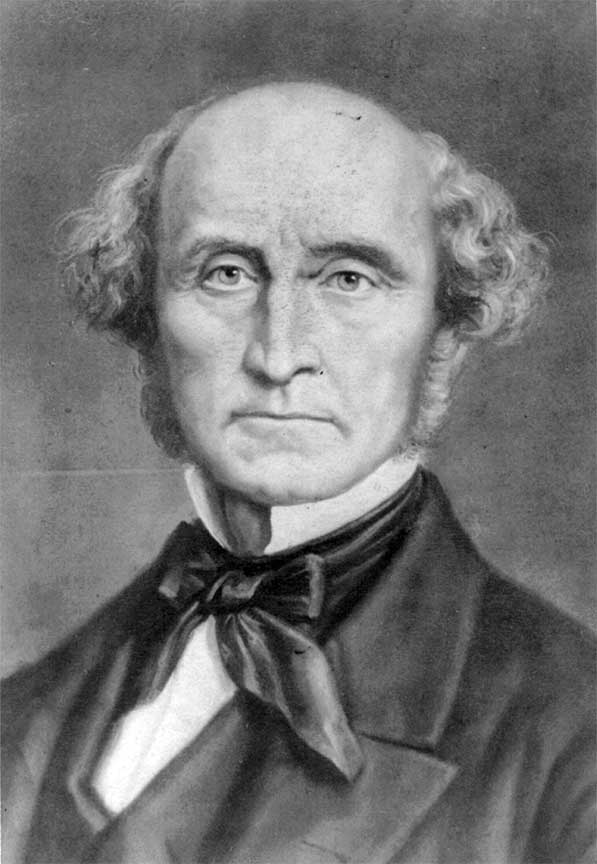John Stuart Mill (1806-1873)

John Stuart Mill, born in 1806, was an influential British philosopher and political economist known for his progressive views on individual liberty and women’s rights. Taught by his father, James Mill, from an early age, Mill became a champion of civil liberties and social reform. His major works include On Liberty, The Subjection of Women, and Principles of Political Economy..
John Stuart Mill, born on May 20, 1806, in London, was one of the most influential British philosophers and political economists of the 19th century. He was the son of Scottish philosopher and historian James Mill, who played an instrumental role in shaping his son’s education. From an early age, Mill was subjected to a rigorous and highly structured education that was far from typical for a child. By the age of three, he had begun learning Greek, followed by Latin, mathematics, and history. His education continued with intensive studies in logic, political economy, and philosophy. His father acted not only as his mentor but also as his constant companion, ensuring Mill had little interaction with other children, as James Mill believed that such relationships would be detrimental to his intellectual development.
At the age of 17, John Stuart Mill began working for the British East India Company in the India Office, which governed British interests in India. His career there spanned over three decades, and he rose to a position of considerable responsibility. However, the dissolution of the East India Company in 1858 provided Mill with the opportunity to focus fully on his philosophical and social reform efforts. By then, he had already published a variety of works on political theory, ethics, and economics that would cement his legacy as one of the leading intellectuals of his time.
One of Mill’s most celebrated works is On Liberty (1859), in which he passionately defends the freedom of the individual against societal and governmental control. This work remains a key text in discussions on civil liberties and has greatly influenced liberal political philosophy. In it, Mill articulates his belief that individuals should have the freedom to act as they wish, provided their actions do not harm others. This “harm principle” is central to his argument and has become a foundational concept in liberal thought.
Mill’s progressive views extended beyond individual liberty to issues such as women’s rights, which were quite radical for the time. His wife, Harriet Taylor Mill, a strong advocate for women’s rights, played a significant role in influencing his work. They collaborated on several writings, and it is widely believed that her thoughts on gender equality significantly shaped Mill’s thinking. Mill’s essay The Subjection of Women (1869) argues for gender equality and women’s suffrage, making him one of the earliest male philosophers to take such a firm stand on these issues.
In addition to his work on liberty and women’s rights, Mill contributed significantly to economic theory. His Principles of Political Economy (1848) was a highly influential text that combined economic theory with social philosophy, advocating for a more equitable distribution of wealth. Mill’s other key works include Utilitarianism, in which he expanded upon the ethical theory initially developed by Jeremy Bentham, and Considerations on Representative Government, where he explored ideas related to political representation and democracy.
John Stuart Mill died on May 8, 1873, in Avignon, France. His legacy as a philosopher, economist, and advocate for individual and women’s rights endures, with his works remaining central to the study of political theory and liberal thought.
 >
>